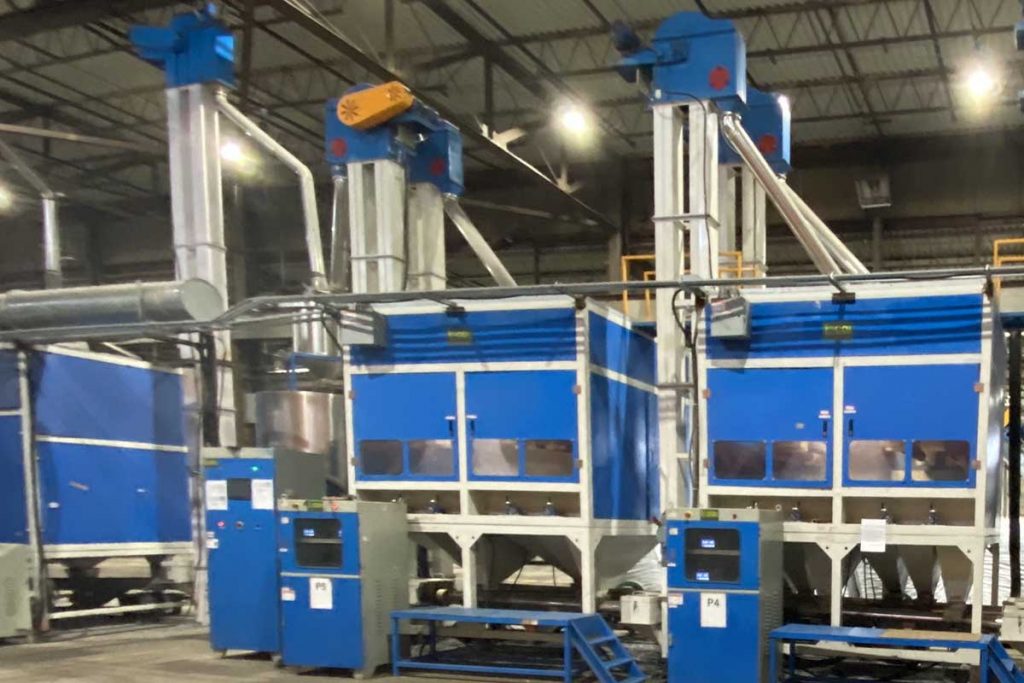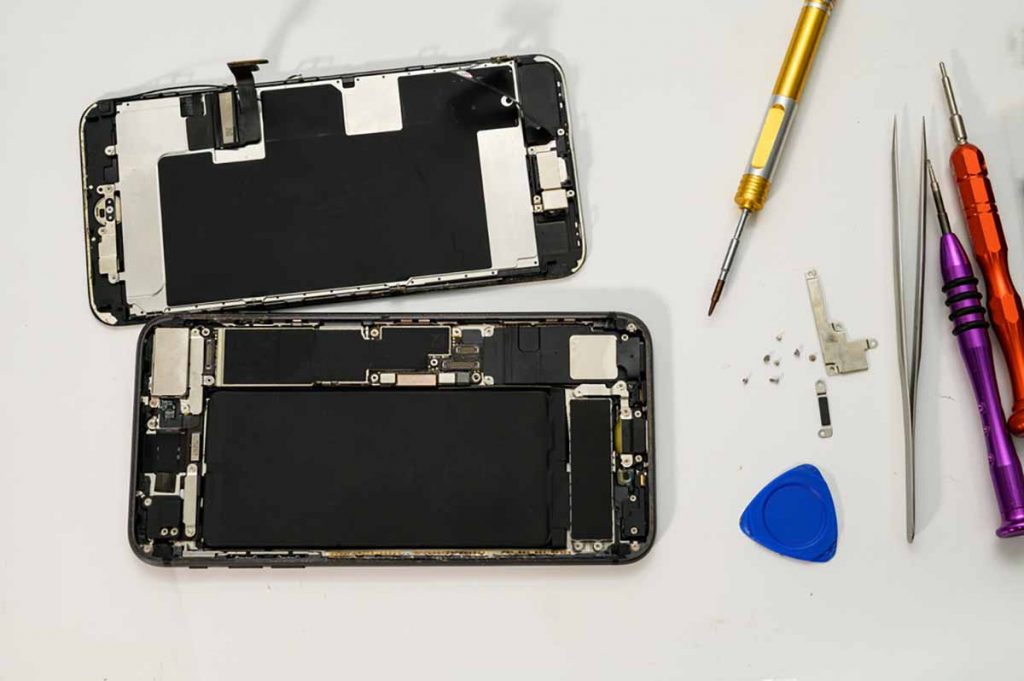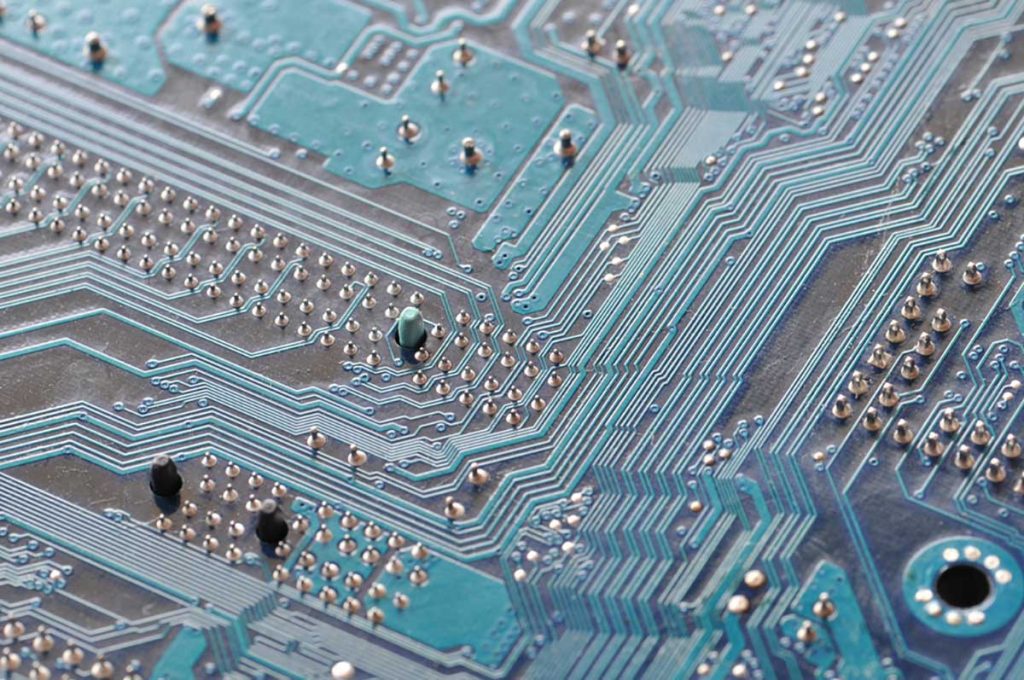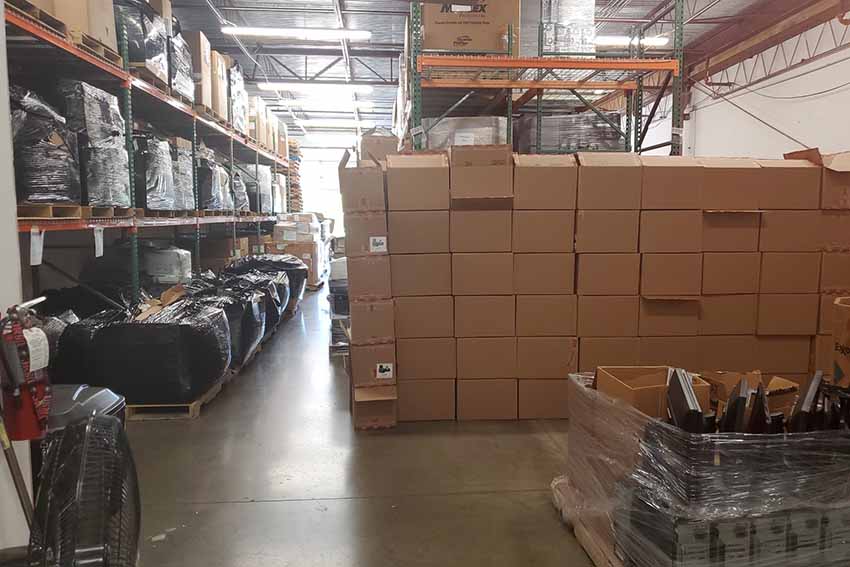
Researchers delved into the question of exactly what is actually happening on the ground with electronics shipments to Africa. | Wead/Shutterstock
During a recent panel discussion, an e-scrap researcher and a journalist described the consequences of exporting electronics to developing nations. They also discussed how much of that material is reusable and how much is truly waste.








